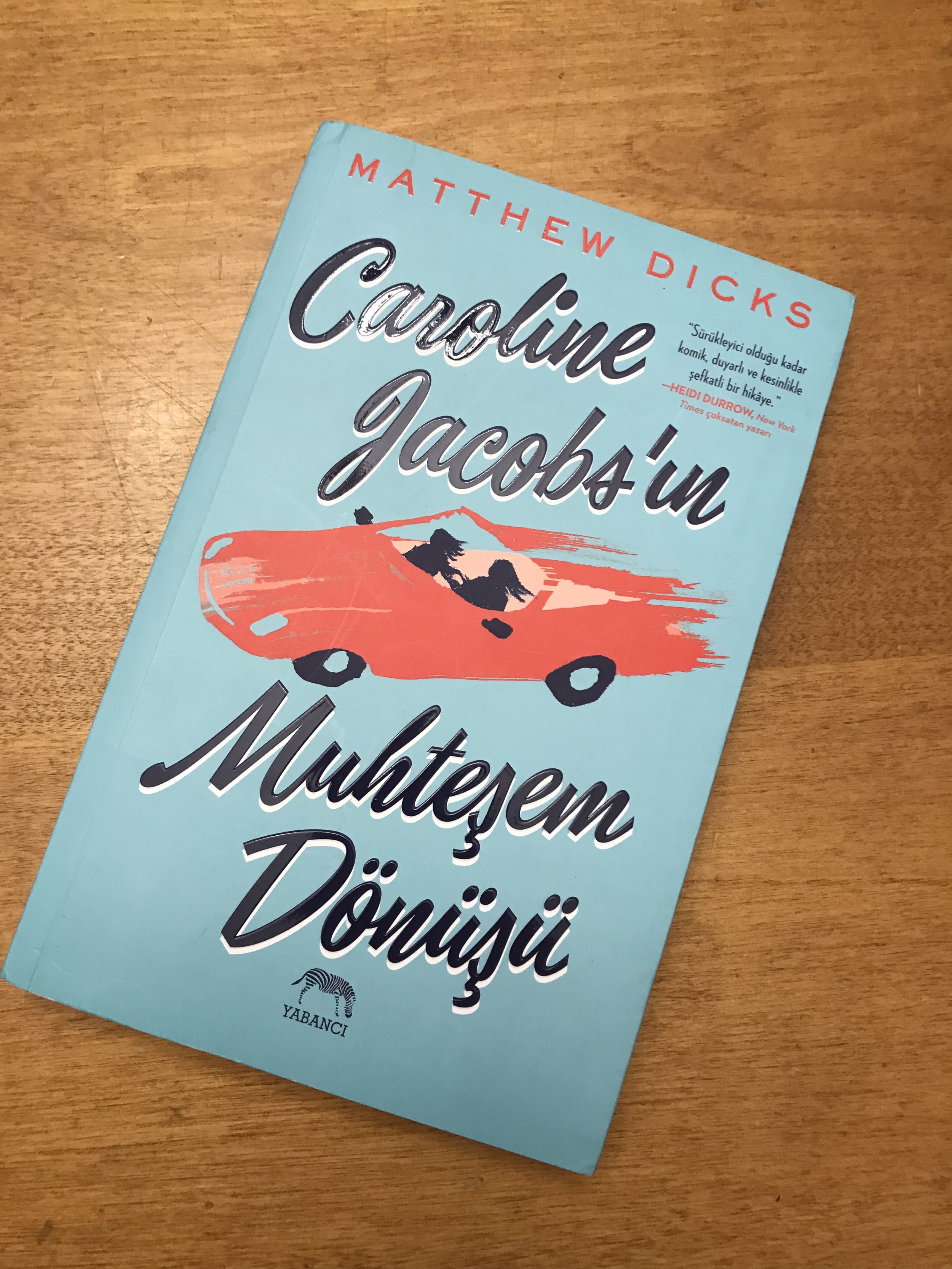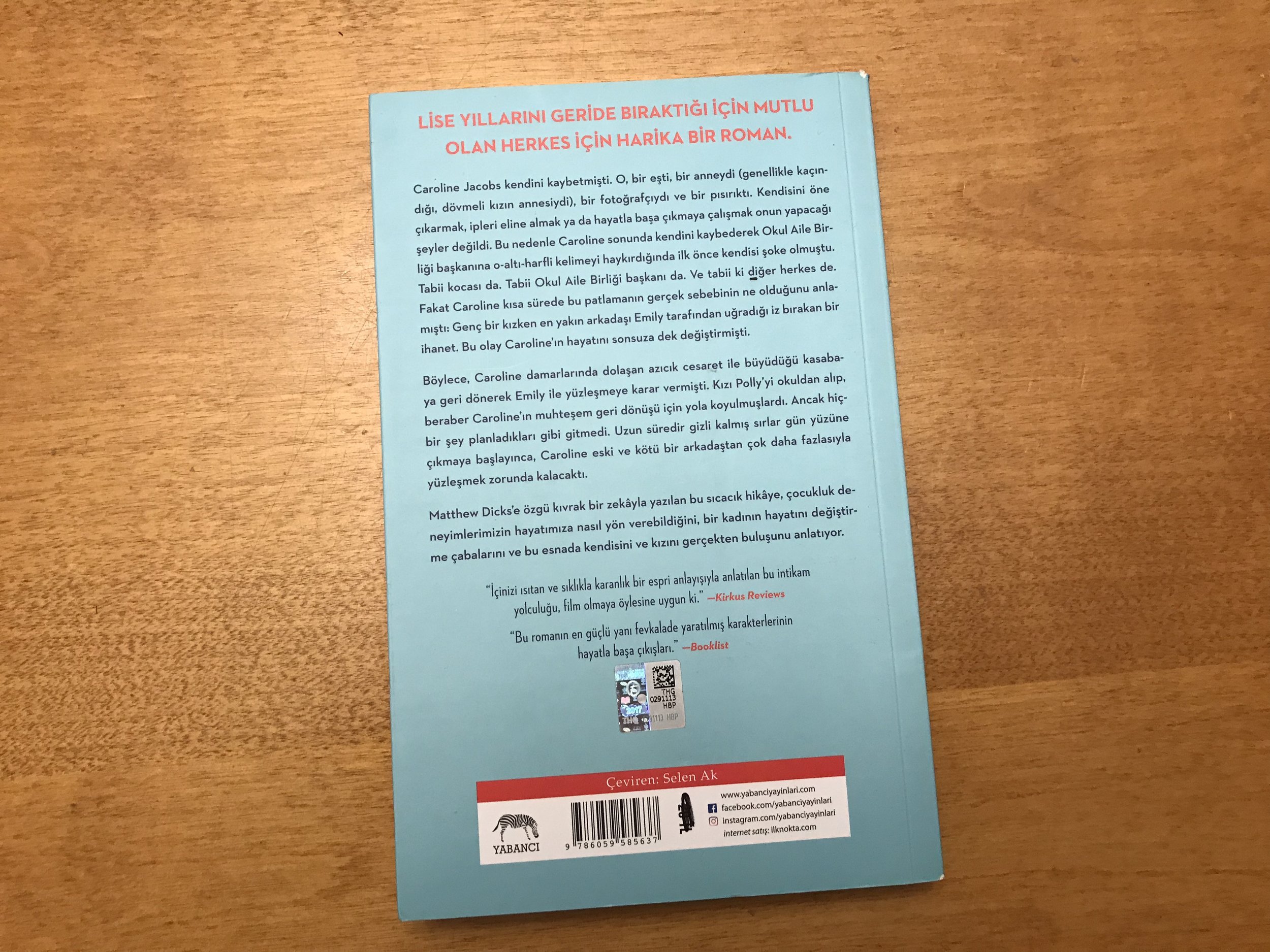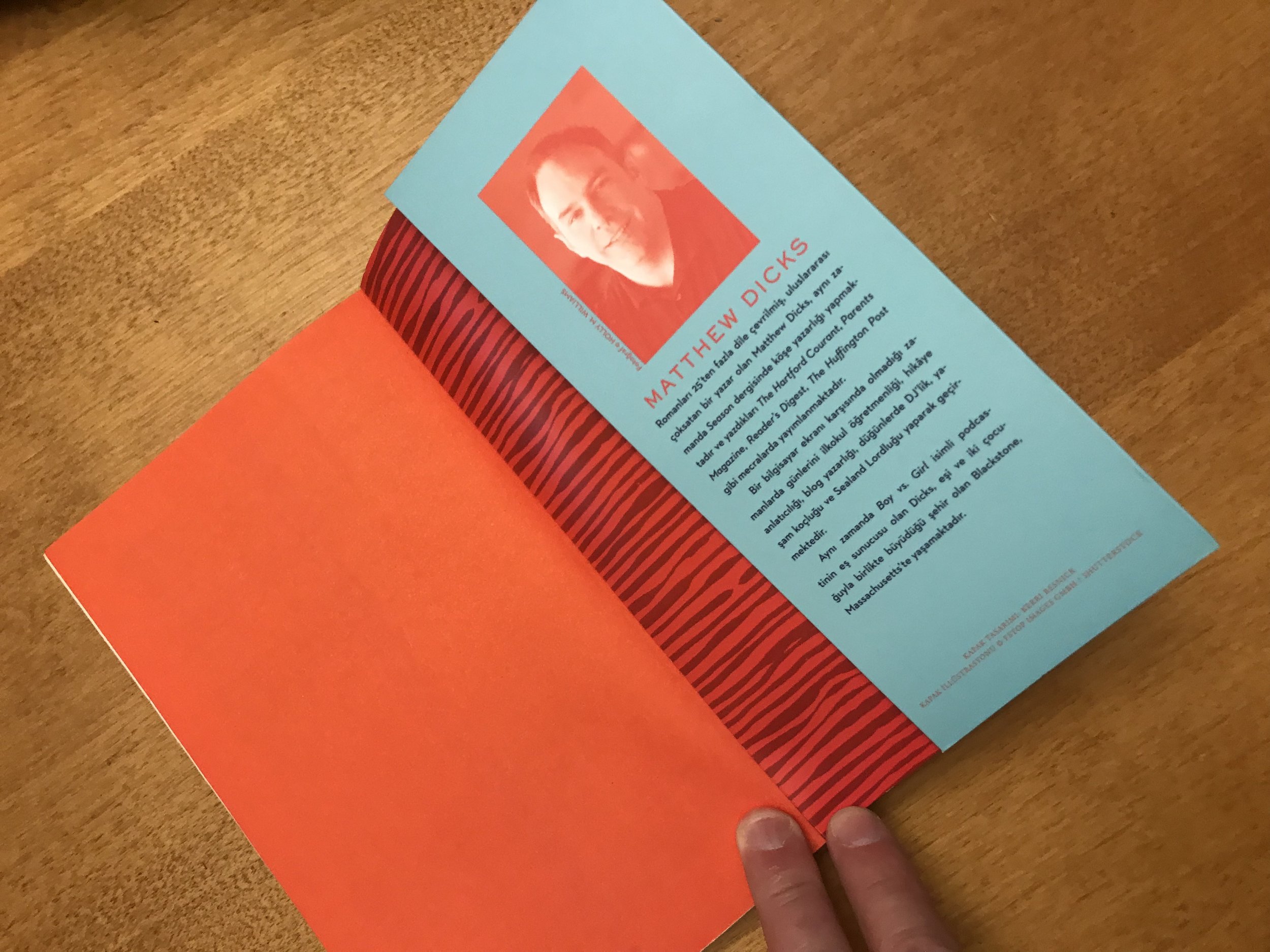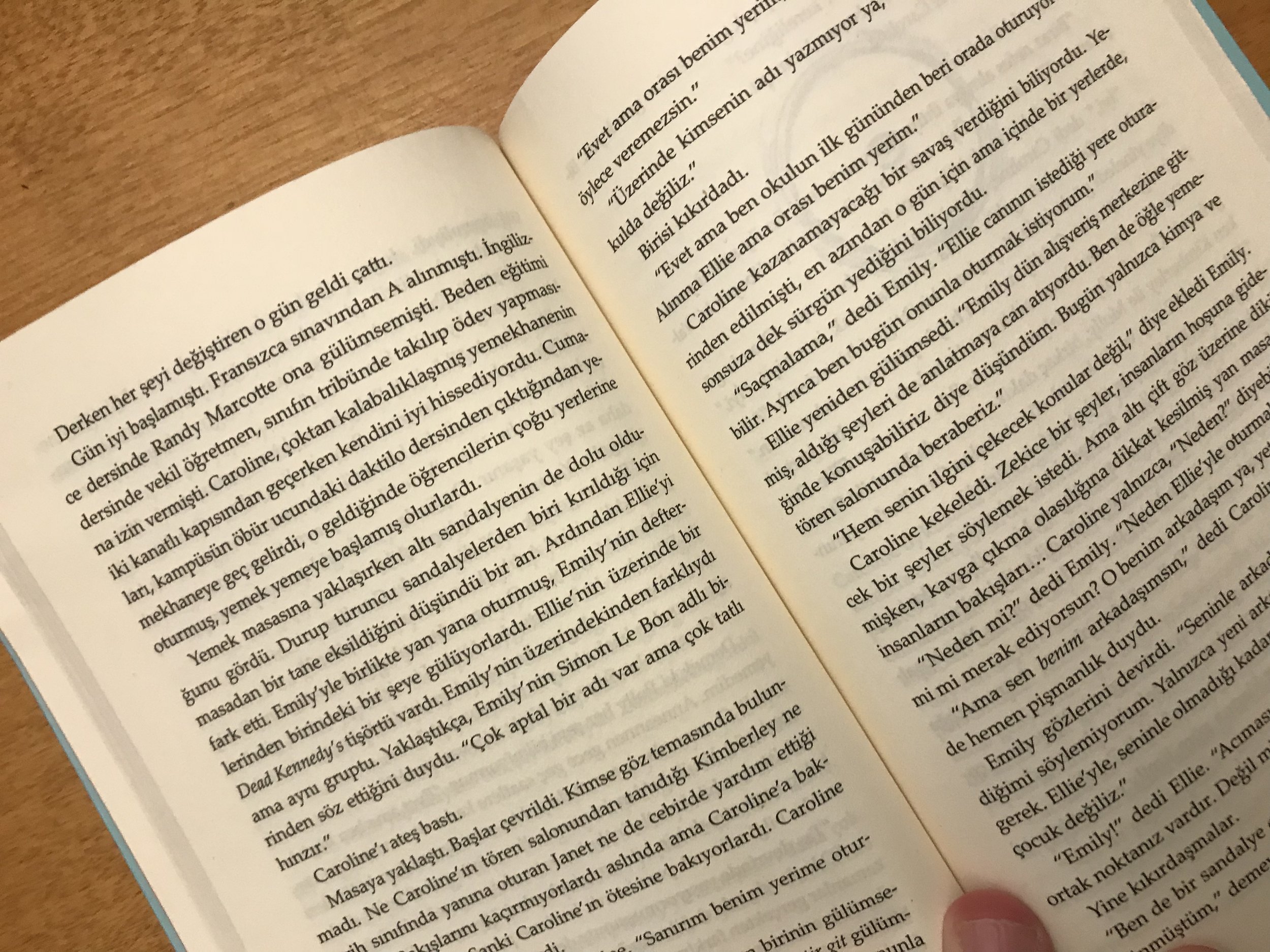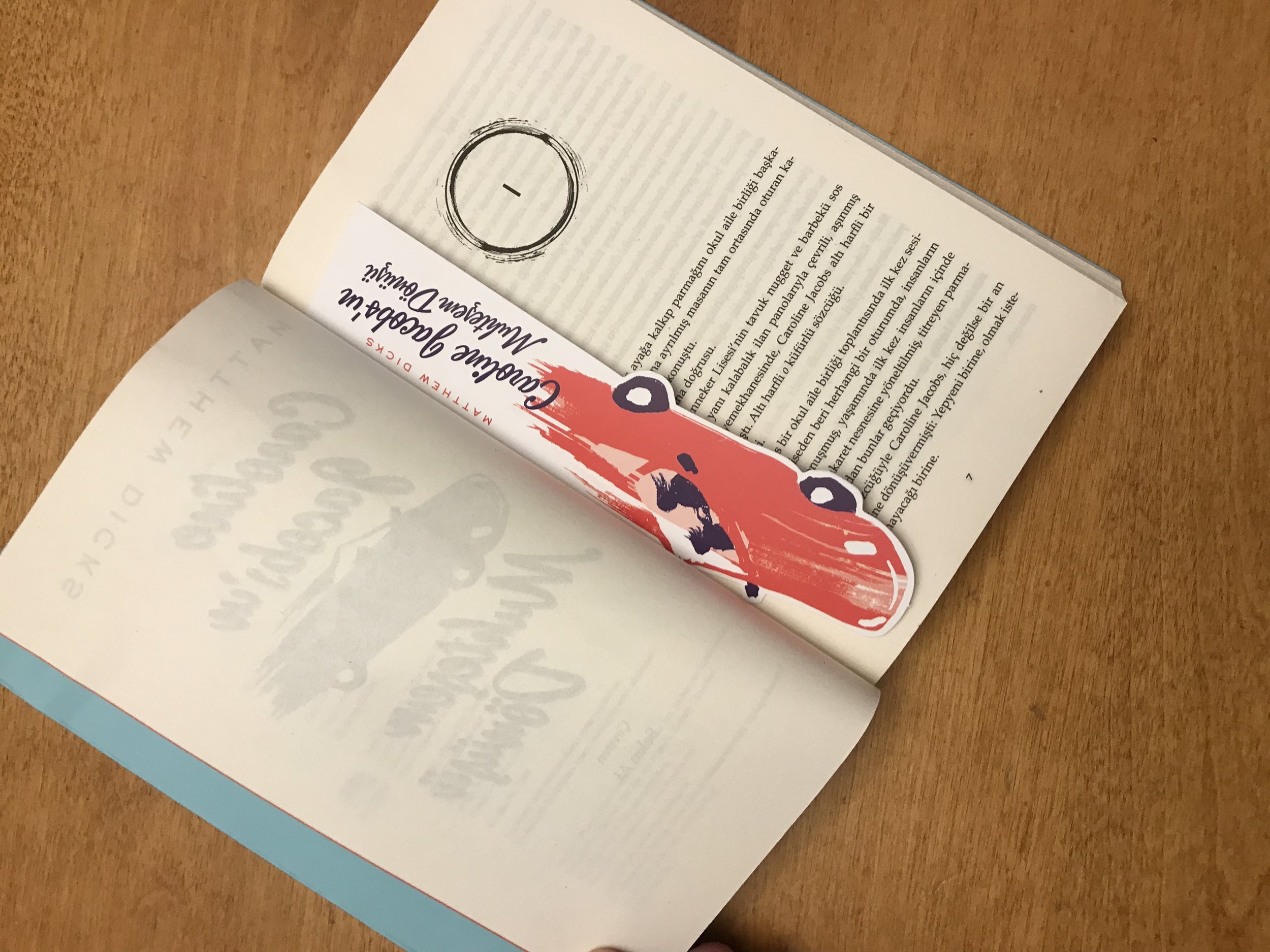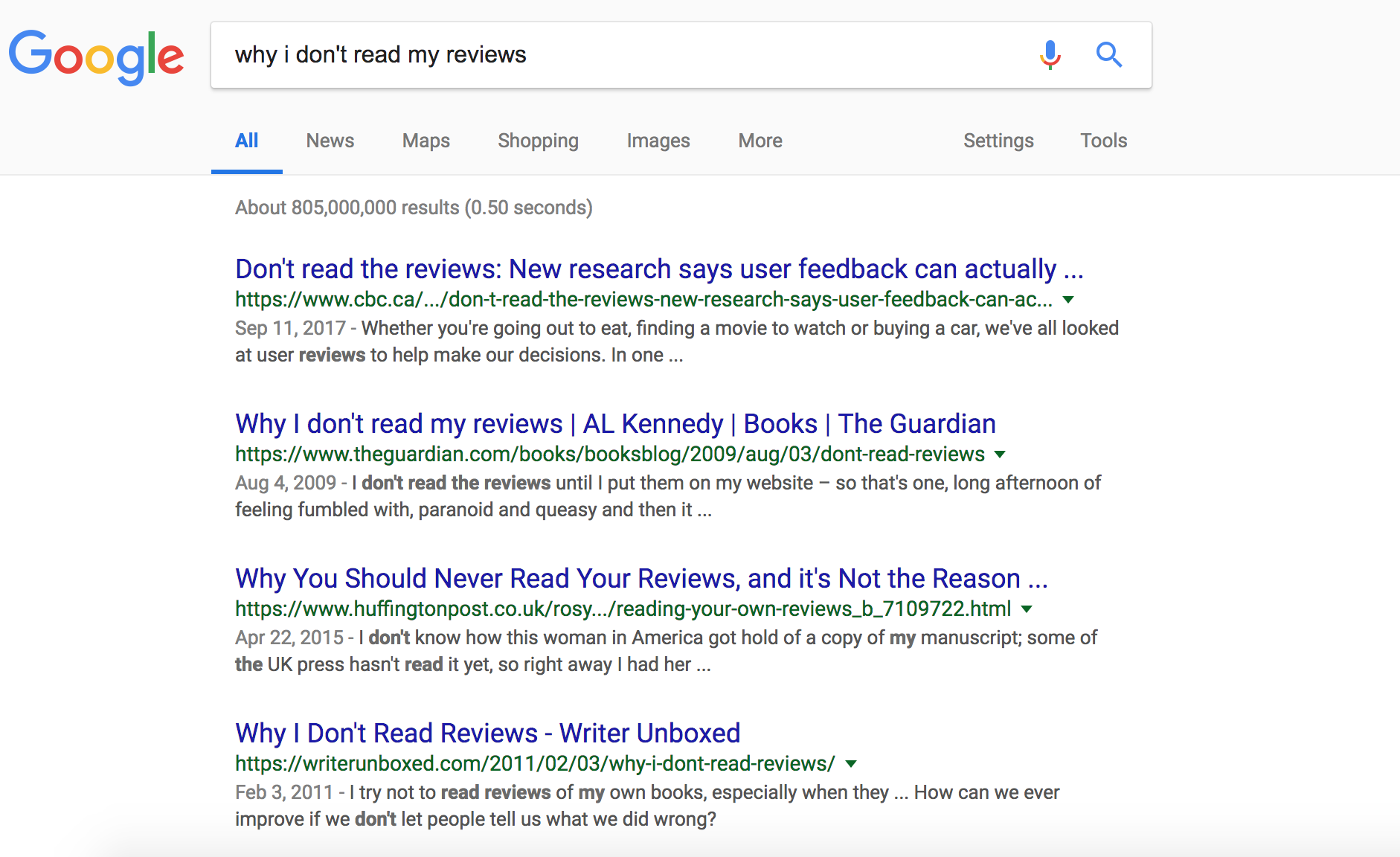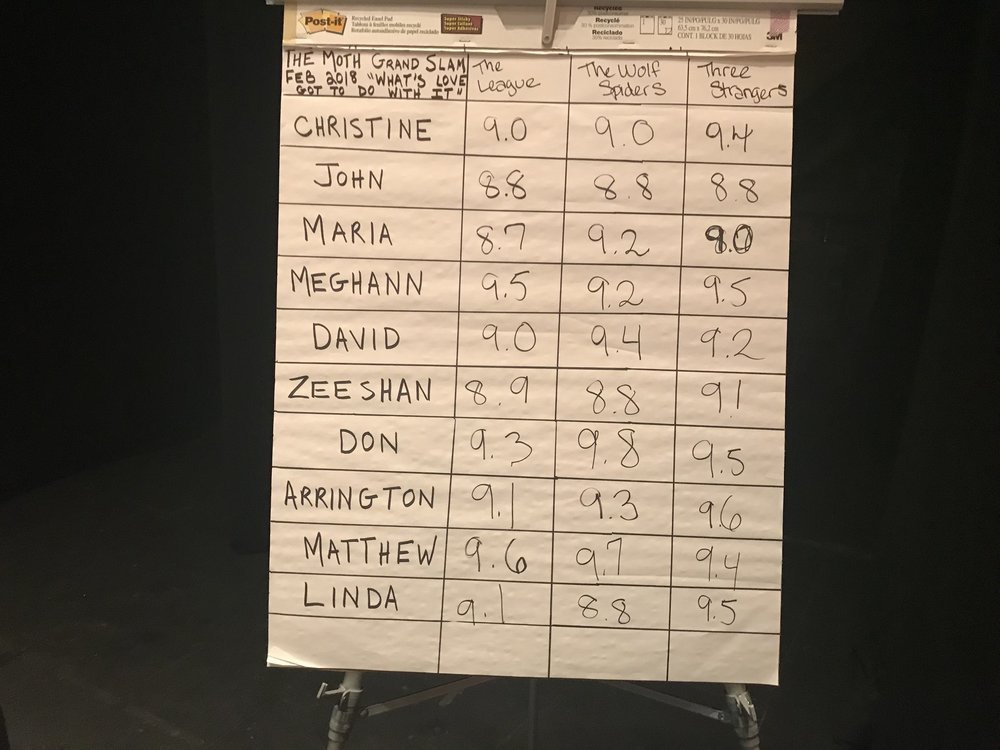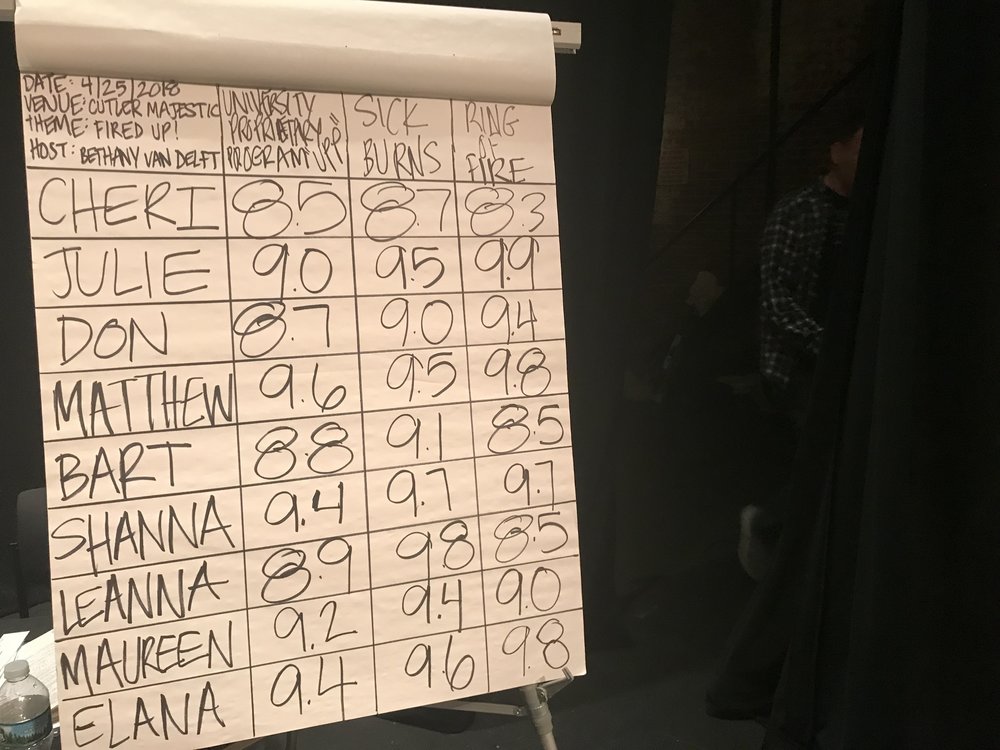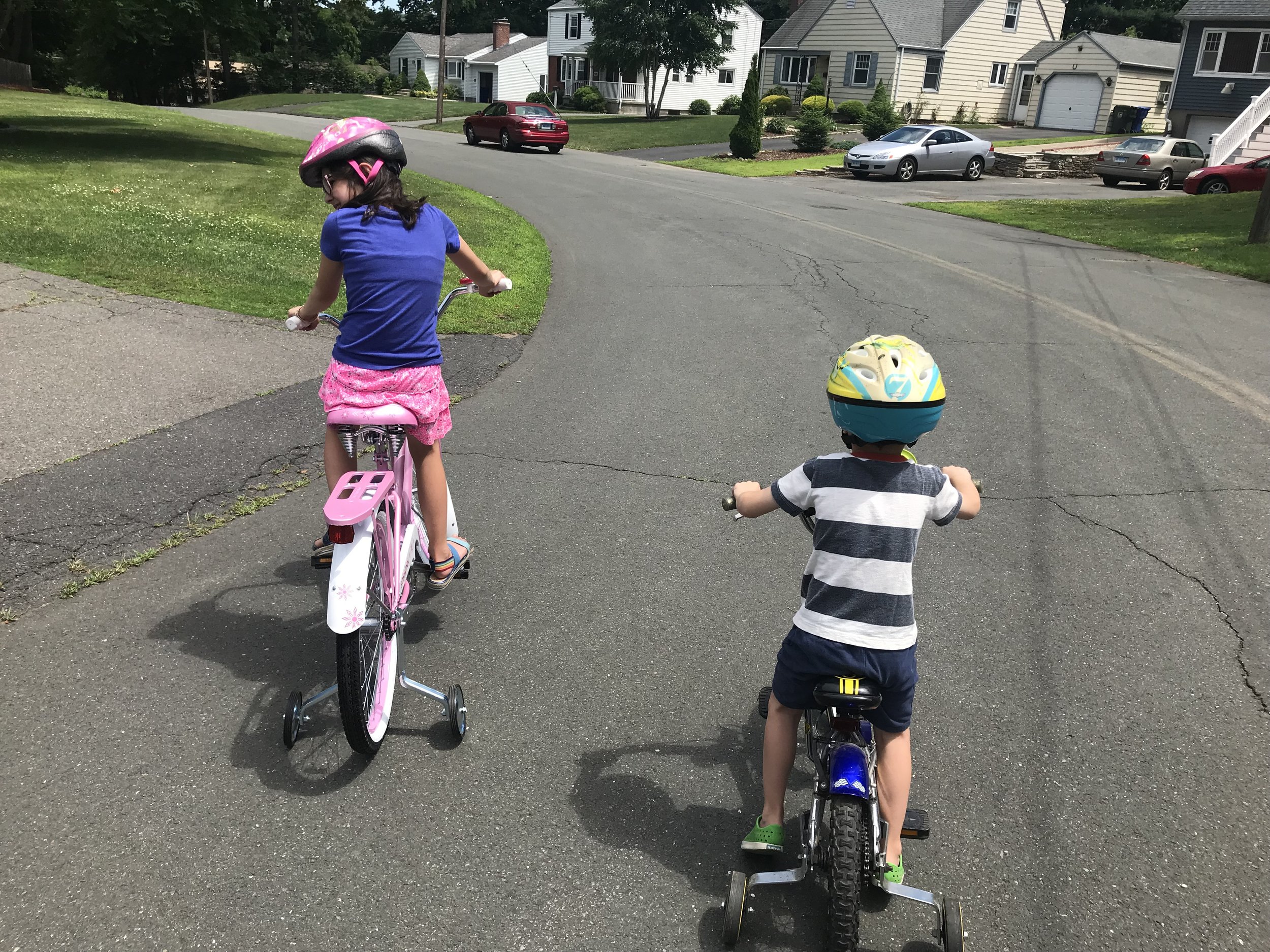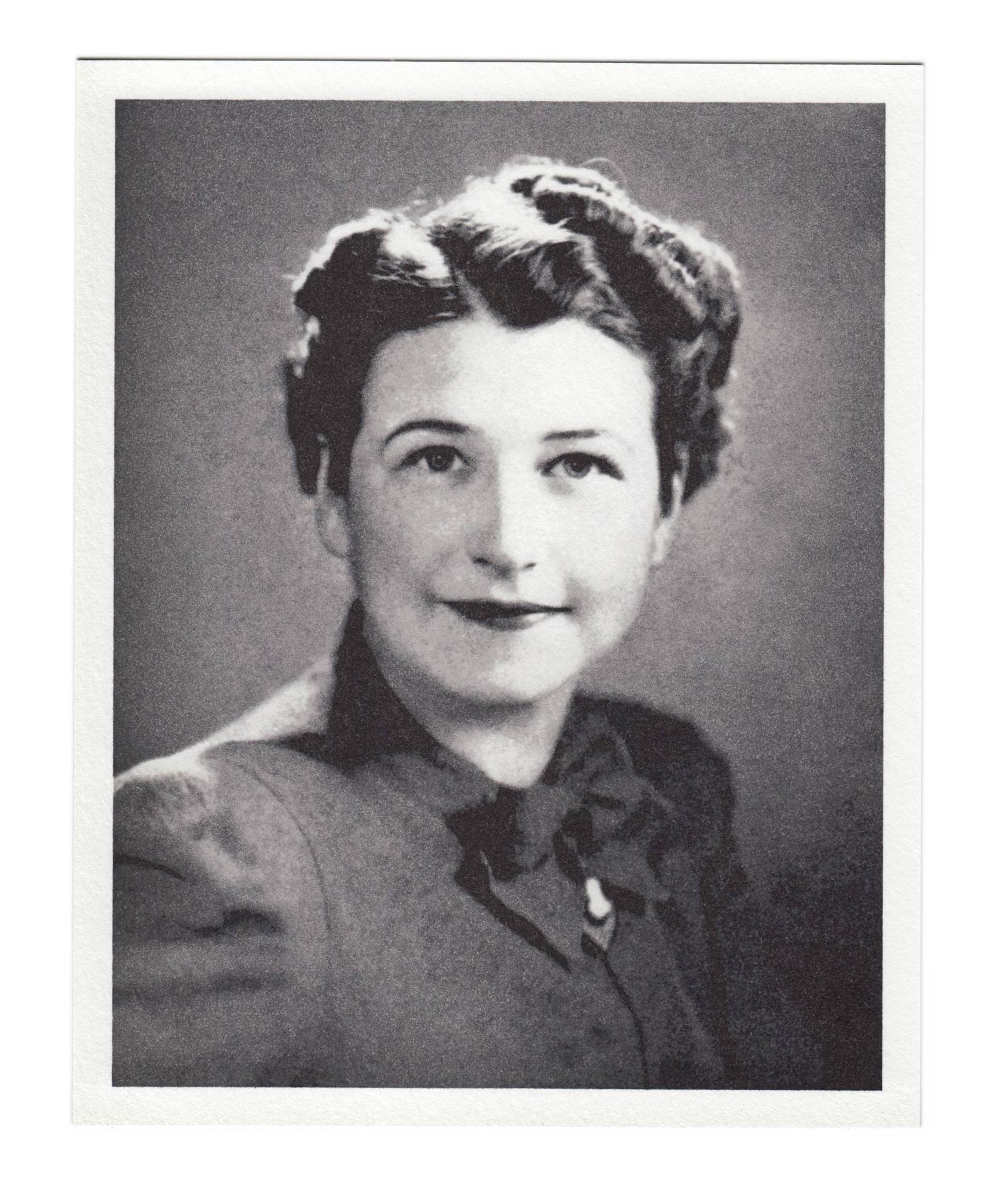An exhaustive and depressing new study of the American workplace done by the Gallup organization indicates that among the 100 million people in this country who hold full-time jobs, about 70 percent of them either hate going to work or have mentally checked out to the point of costing their companies money — “roaming the halls spreading discontent,” as Gallup reported.
Only 30 percent of workers are “engaged and inspired” at work.
College graduates, now more than ever, earn far more than those with just a high school diploma. But the grumpiest, least happy people in the workplace are college graduates and baby boomers.
It would seem that Thoreau was correct.
“The mass of men lead lives of quiet desperation.”
I’m so thankful that this does not include me.
I’m well known to have many jobs. In fact, on Friday of last week, I worked at least five jobs in a single day.
Early in the morning, before the sun rose, I wrote my column for Slate and sent it off to my editor.
Then I spent the day with my students. It was our last day at a YMCA camp in northern Connecticut, so we took a hike up Sunrise Mountain (really just a steep hill) and enjoyed a spectacular view of the Berkshire mountains.
After returning to school and getting my students safely home, I got on the phone and spent an hour consulting with a CEO on an upcoming speech she’ll be delivering next week.
Then I went home and worked on my next novel for an hour or so before my own children arrived home from school.
Later, while my kids were at Hebrew School building their candy sukkah, I met with the couple whose wedding I will be working later this month as both the DJ and minister.
Then, while I waited Elysha and the kids to return home, I worked on the new story I will be telling at Speak Up later this month.
After we read to the kids and then went off to bed, Elysha played her ukulele while I went to work on content for an app that I have been hired to develop.
Then I worked a little more on my novel before bed.
It was an unusual day for me. Most days don’t include so much variety and demand in terms of employment. Being away for four days and three night with my students had forced me to push a few things back, and that made for a busy Friday and a busy weekend in general.
The next day, Saturday, I would spend much of the day teaching a storytelling workshop at the CT Historical Society, recording our podcast, and completing another column for Seasons magazine.
When you disappear for a week, the next few days can be exhausting.
Though I admittedly never want to be as as busy as I was on Friday and Saturday, I enjoyed every bit of the work that I did. Not a single moment felt like drudgery.
Truly.
And before you think I spend all my time working, I also had plenty of time on this glorious three day weekend to watch a mediocre movie with the family, watch an excellent football game with Charlie, play golf with my friends, workout at the gym, meet with our bookclub and enjoy dinner together, clean out the refrigerator, read to my kids, enjoy meals with my family, read a book, do some grocery shopping, and help Charlie clean up his bedroom.
Much more.
I was busy, but I was happy.
And that’s the key. You need to be happy in the work that you do, and if you’re not, you need to start finding a way to be happy immediately.
Happiness is too important to delay.
That might mean quitting your terrible job and finding work that is more fulfilling. The current labor market is ripe for a change in career.
It might mean experimenting with other careers in your free time.
If you’ve always wanted to be a musician, find a band. Or form a band. Or teach yourself to play a new instrument. Start recording your original songs at home. Start making inroads into the industry.
If you’ve always wanted to be a filmmaker, make a film. Many filmmakers get their start with the software on an iPhone. If you’ve always wanted to be an artist, starting painting or sculpting in your free time. If you’ve always wanted to be a farmer, plant a garden and get some chickens.
Start doing something.
If you’ve always wanted to own your own business, do it. Launch something. Find a partner or two. Start out small at first. Do the work in the evenings or on the weekends. See if you can grow it into something that allows you to quit the job you despise.
And if your dream career requires training or an education, go do that. Even if it takes you five or ten years to complete your degree, happiness is worth it.
Thoreau was right. “The mass of men lead lives of quiet desperation.”
Women, too.
I can’t imagine a worse fate. And yet according to Gallup, about 70% of Americans are suffering that fate every day.
I hope that doesn’t include you.
